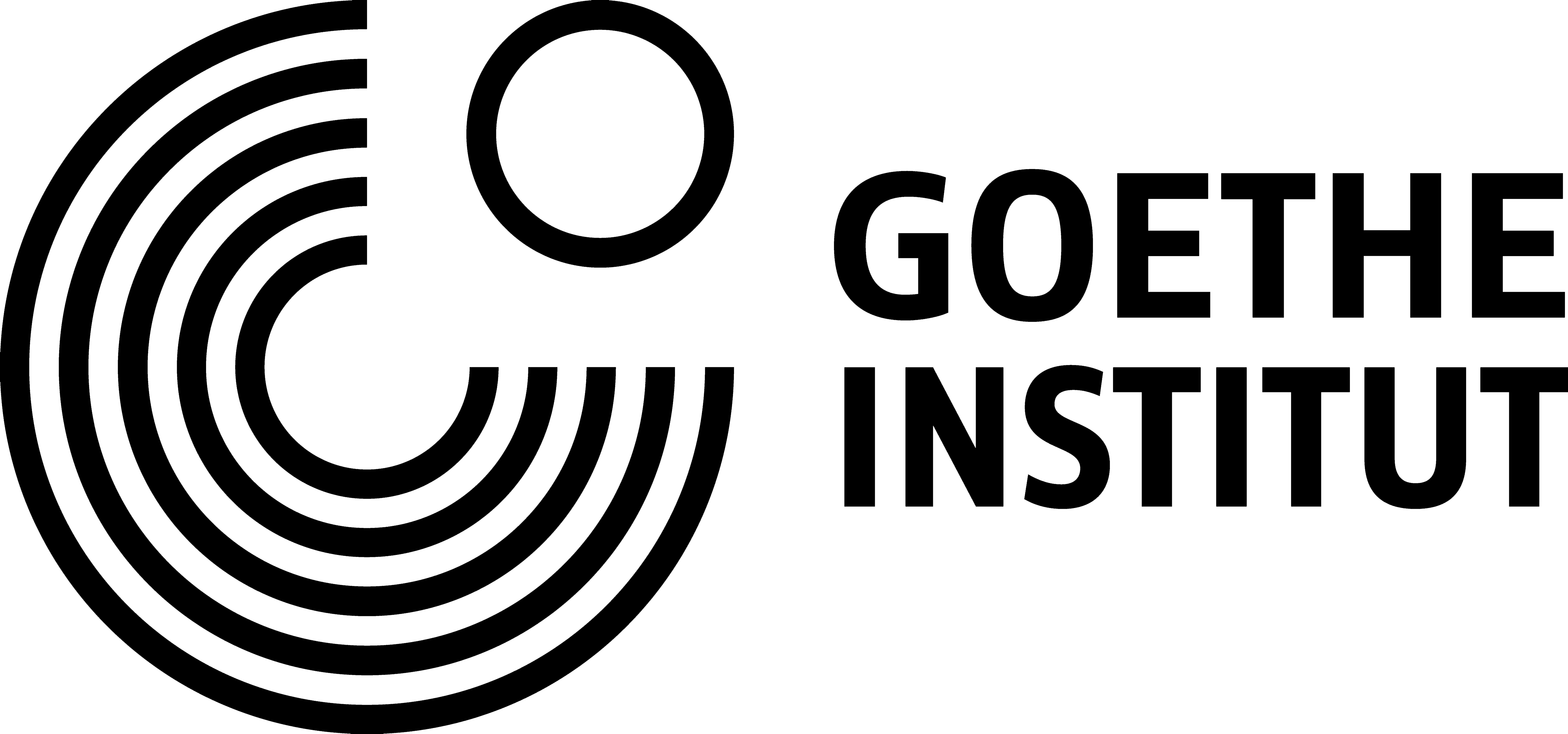ITONGO
Genre: DocumentaryRunning time: 13 minutes
Diane Kaneza
Context
In Burundi, 90% of the population lives from agriculture. From one generation to the next, the land is exploited, broken up and gradually depleted. Except that in this exploitation and fragmentation, Burundian women have no right to inherit the land from their parents, ITONGO in particular! Burundian women are called upon to found a family outside their paternal family, and to offer them land is to expropriate part of their family. The land is therefore passed on from father to son, and if there are no sons, it will be passed on to the sons of the husband's brothers. A well-constructed patriarchal system which, according to the fervent defenders of Burundian custom, ensures the good of the family or clan. Burundian women therefore inherit neither from their parents nor from their in-laws, a land that they work from birth with their parents and until their death with their husband. Yet 97% of women work in agriculture, representing 53% of the agricultural workforce. The latest population and housing census, conducted in 2008, shows that 62.5% of the 80.2% of landowners are men, compared with 17.7% of women. Burundian women spend their entire lives working on land does not belong to them".
In Burundi, 90% of the population lives from agriculture. From one generation to the next, the land is exploited, broken up and gradually depleted. Except that in this exploitation and fragmentation, Burundian women have no right to inherit the land from their parents, ITONGO in particular! Burundian women are called upon to found a family outside their paternal family, and to offer them land is to expropriate part of their family. The land is therefore passed on from father to son, and if there are no sons, it will be passed on to the sons of the husband's brothers. A well-constructed patriarchal system which, according to the fervent defenders of Burundian custom, ensures the good of the family or clan. Burundian women therefore inherit neither from their parents nor from their in-laws, a land that they work from birth with their parents and until their death with their husband. Yet 97% of women work in agriculture, representing 53% of the agricultural workforce. The latest population and housing census, conducted in 2008, shows that 62.5% of the 80.2% of landowners are men, compared with 17.7% of women. Burundian women spend their entire lives working on land does not belong to them".
Why the ITONGO project?
Without land rights, women remain economically dependent on men, reinforcing gender inequalities. They can neither sell nor use the land as collateral for loans. This limits their ability to invest and open a business that would give them economic independence. Since 2015, in the province of Muyinga in northern Burundi, new practices have been introduced in land certification. Men register their wives on land titles. This gives the women of this province financial autonomy, because they can now apply for a loan from a bank and open a business to ensure their financial independence. This practice is rarely popularised, whether among educated or rural women. ITONGO aims to highlight this approach, which shows that there are possible and promising ways of guaranteeing that women own the land they cultivate. The project takes the form of a 13-minute documentary two women from the Buhinyuza commune (Muyinga province) who, thanks to land certification, are now models of success in their communities.
Without land rights, women remain economically dependent on men, reinforcing gender inequalities. They can neither sell nor use the land as collateral for loans. This limits their ability to invest and open a business that would give them economic independence. Since 2015, in the province of Muyinga in northern Burundi, new practices have been introduced in land certification. Men register their wives on land titles. This gives the women of this province financial autonomy, because they can now apply for a loan from a bank and open a business to ensure their financial independence. This practice is rarely popularised, whether among educated or rural women. ITONGO aims to highlight this approach, which shows that there are possible and promising ways of guaranteeing that women own the land they cultivate. The project takes the form of a 13-minute documentary two women from the Buhinyuza commune (Muyinga province) who, thanks to land certification, are now models of success in their communities.
Documentary approach
ITONGO allows us humanise the problems of land rights in Burundi. It us the opportunity, through personal and authentic accounts, to encourage a different view of women's access to land, encourage other men to do the same and to influence politicians to take the first step in promoting laws that support women's land rights. ITONGO is also an exchange, through a mobile screening tour of 6 screenings, with Burundi's rural and peri-urban communities in the provinces of Gitega and Bujumbura Mairie. It aims be an advocacy tool that will bring the debate on women's land rights to the heart of March, International Women's Rights Day.
ITONGO allows us humanise the problems of land rights in Burundi. It us the opportunity, through personal and authentic accounts, to encourage a different view of women's access to land, encourage other men to do the same and to influence politicians to take the first step in promoting laws that support women's land rights. ITONGO is also an exchange, through a mobile screening tour of 6 screenings, with Burundi's rural and peri-urban communities in the provinces of Gitega and Bujumbura Mairie. It aims be an advocacy tool that will bring the debate on women's land rights to the heart of March, International Women's Rights Day.

Diane Kaneza
EN
For the past 15 years, Diane KANEZA has masterfully combined cinema, audiovisual communication, and journalism. Her passion
for images drives her to tell compelling stories from her homeland. She graduated from the Master 2 Cinéma Documentaire de Création ( Université Gaston Berger de Saint louis - Sénégal) programme and produced the film "Mon Identité", which encapsulates her expertise in the acuity of the documentary gaze and her ability to create from reality. “Mon identité” was shortlisted for the Trophées Francophones du cinéma in 2018, shown as the closing film at the Saint Louis documentary festival, and presented at the Etats Généraux du documentaire in Lussas. It was also screened at the Poitiers Film Festival, in the category " Quand le Cinéma s'indigne" with Amnesty International
FR
Depuis 15 ans, Diane KANEZA combine avec brio le cinéma, la communication audiovisuelle et le journalisme. Sa passion pour l'image la pousse à raconter des histoires passionnantes de son pays d'origine. Diplômée du Master 2 Cinéma Documentaire de
Création (Université Gaston Berger de Saint louis - Sénégal), elle a produit le film « Mon Identité », qui résume son expertise dans l'acuité du regard documentaire et sa capacité à créer à partir du réel. « Mon identité « a été présélectionné aux Trophées
Francophones du cinéma en 2018, projeté en clôture du festival documentaire de Saint Louis, et présenté aux États Généraux du documentaire à Lussas. Il a également été projeté au Poitiers Film Festival, dans la catégorie « Quand le Cinéma s'indigne » avec
Amnesty International
PT
Durante os últimos 15 anos, Diane KANEZA combinou magistralmente o cinema, a comunicação audiovisual e o jornalismo. A sua paixão pelas imagens leva-a a contar histórias interessantes da sua terra natal. Diplomada pelo programa Master 2 Cinéma Documentaire de Création (Université Gaston Berger de Saint louis - Senegal), produziu o filme “Mon Identité”, que resume a sua experiência na acuidade do olhar documental e a sua capacidade de criar a partir da realidade. “Mon identité” foi selecionado para os Trophées Francophones du cinéma em 2018, exibido como filme de encerramento no festival de documentários de Saint Louis e apresentado nos Etats Généraux du documentaire em Lussas. Foi também exibido no Festival de Cinema de Poitiers, na categoria “ Quand le Cinéma s'indigne” com a Amnistia Internacional


